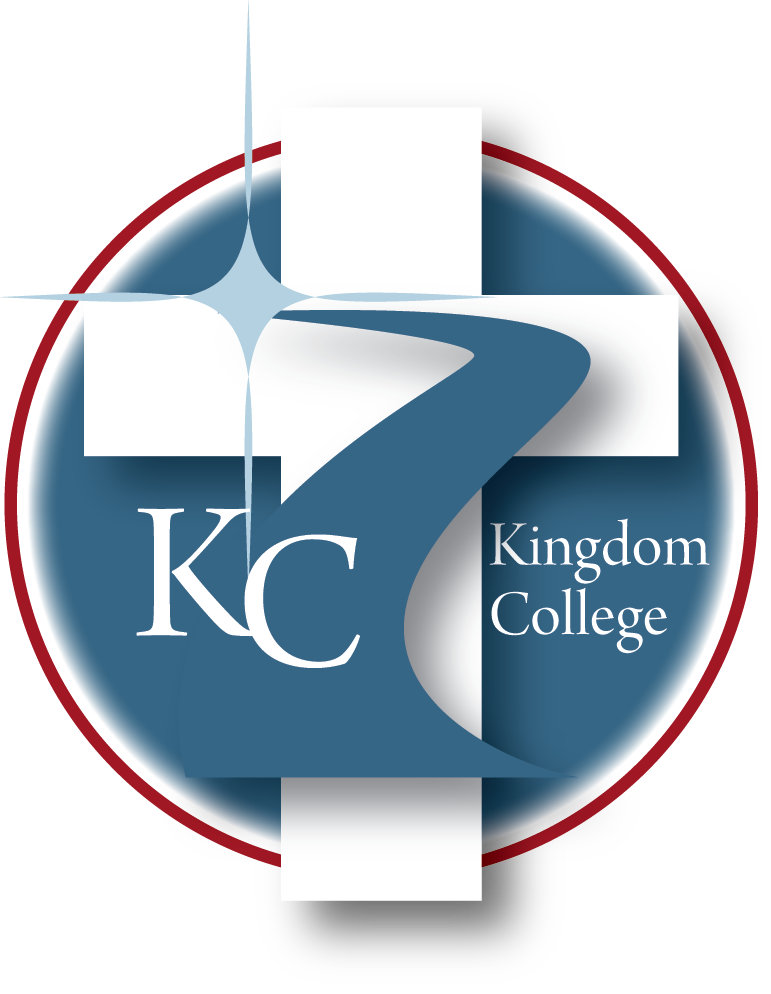CERTIFICATION PROGRAM FOR CRISIS AND DISASTER WORKERS
Purpose
This program trains individuals to assist during times of crisis and disaster. Using a Christian world view, individuals will be trained in understanding what crisis, trauma and disaster are and the impact they can have on families and the community as a whole. Skills in psychological first aid and crisis and trauma work will be foundational for this training.
Upon completion of this certificate the student will be able to:
- Students will identify the characteristics, similarities, and differences amongst crisis work, trauma work, and disaster work and demonstrate this knowledge with a minimum score of 80% on final averages of their assignments, i.e. presentations, research, tests.
- Students will identify the characteristics, similarities, and differences amongst crisis work, trauma work, and disaster work and demonstrate this knowledge with a minimum score of 80% on final averages of their assignments, i.e. presentations, research, tests.
- Students will be able to assist in local communities as a crisis or disaster occurs and especially in the aftermath of the crisis or disaster and be able to demonstrate this ability with a minimum passing score of 80% of all averages taken from skills testing, research presentations, and clinical internship scores.
Course Units
|
CDW 101 |
Defining Crisis, Trauma and Disaster |
3 |
|
|
CDW 102 |
Skills and Techniques Utilized in Crisis, Trauma and Disaster |
3 |
|
|
CDW 103 |
Family Violence, Suicidal Events and Crisis Interventions |
3 |
|
|
CDW 104 |
Aftercare Empowerment |
3 |
COURSE DESCRIPTIONS
CDW 101. Defining Crisis, Trauma and Disaster (3 hours)
This course conducts an in-depth examination of what a crisis is and the impact of crisis in people’s lives. Further, the students will be introduced to the concept of trauma and its ramifications. In addition in a study of crisis and trauma, students will cover the characteristics and components of disaster. The relationship of trauma to both crisis and disaster will be covered in this course as well. Students will be exposed to events of crisis such as domestic violence, sexual abuse, survivors of natural disasters or national disasters and the traumatic impact of these circumstances. In addition to the basic characteristics of each event, students will be exposed to the importance of how to interact and engage with local law enforcement and how to deal with the unique job that law enforcement performs in each of these circumstances.
CDW 102. THE HELPING RELATIONSHIP: SKILLS & PROFESSIONAL DEVELOPMENT (3 hours)
Prerequisite: CDW 101
It is critical that a responder to a crisis, a traumatic event or a local or national disaster understands the difference between a responder and a counselor. Therefore, the skills and techniques utilized in addressing a crisis, a traumatic event or a local or national disaster are unique. This course will introduce the student to the skills and techniques needed to efficiently and appropriately respond to any of the three circumstances for which the students are being trained.
CDW 103. PSYCHOEDUCATION & RESOURCE DEVELOPMENT (3 hours) Prerequisite: CDW 102
This is a specialized course that focuses on the response to family violence and death by suicide and the appropriate interventions to be utilized in these circumstances. Ethical and legal issues will be covered for these specific circumstances.
CDW 104. CLINICAL PRACTICE, CLINICAL SKILLS, AND SUPERVISION (3 hours) Prerequisite: CDW 103
Anyone that experiences a crisis, disaster or traumatic event needs someone to respond to their needs quickly. However, after the event, after the passing of time, every person needs support while healing from the event. The Certified Disaster and Crisis Worker will be trained in offering appropriate referrals, support information in order to empower the survivor or survivors of these events. Further, the students in this program will learn the critical need to have an in-depth
knowledge of local resources in order to empower the people they are assisting on their journey to healing. In this portion of the student’s training, he/she will be expected to work within a setting that deals with emergency circumstances as their internship for this course. This internship will require the student to earn a minimum of 50 hours of work within an appropriate site under the supervision of a site supervisor with experience in crisis work .
